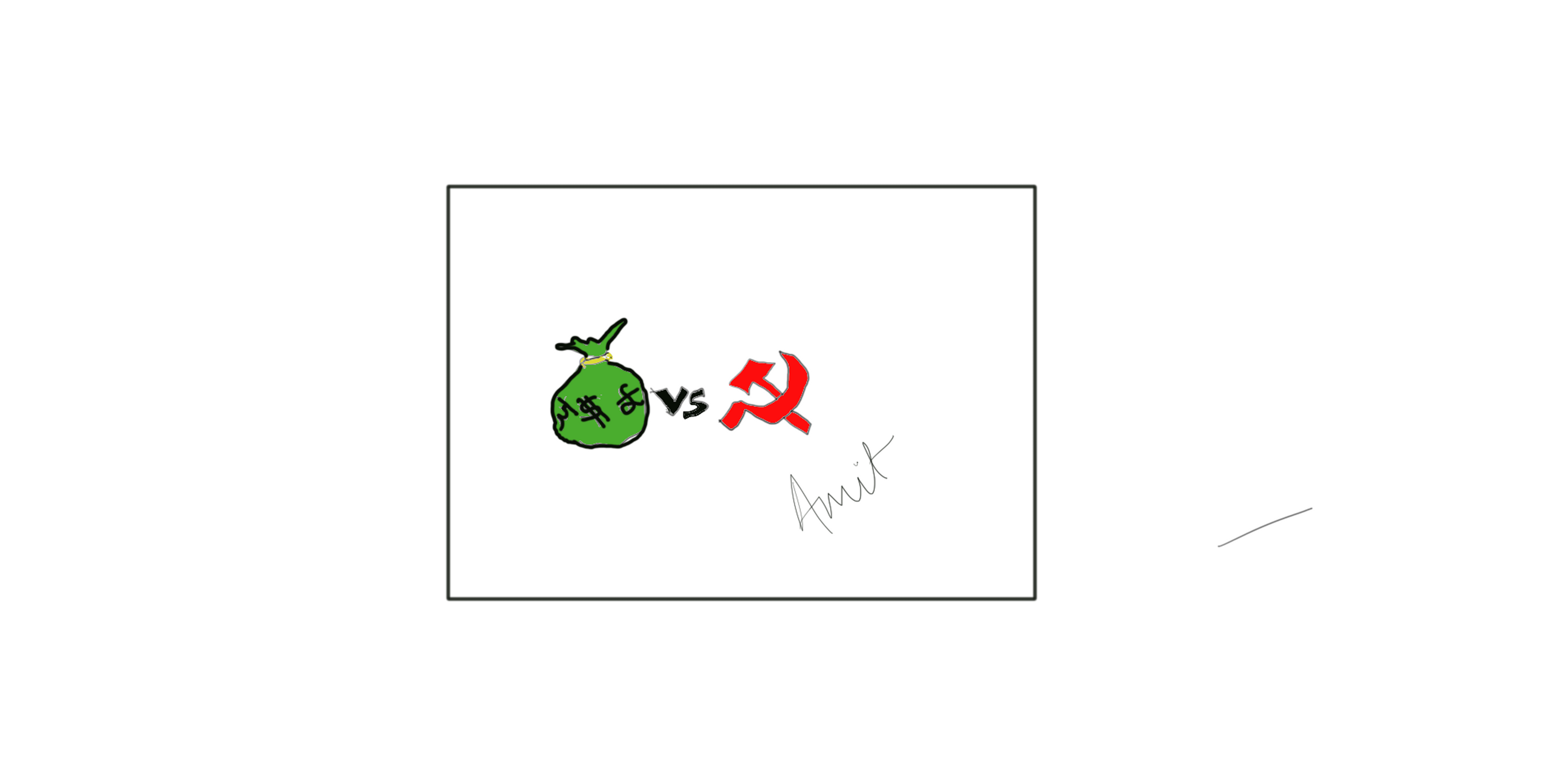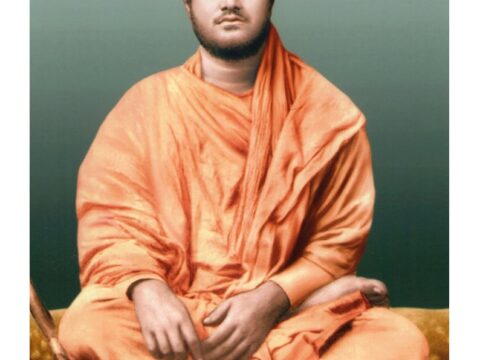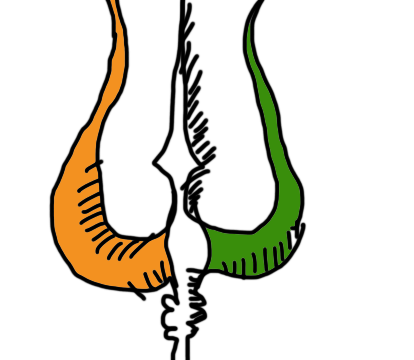Walter Bagehot was a 19th century British writer, businessman and economist, best known as the author of the “The English Constitution”. The English never had a written constitution, so Bagehot’s book about the Constitution is the closest thing there is to one.
According to Bagehot, the national conversation , the political agenda and even the topics that the politicians and the country should debate are controlled by a small group of rich and powerful elite – the rest of us are too stupid , lazy and intellectually incapable to do anything about it.
The best that we can hope to do, is to choose between the various topics that opposing groups of elite propose.
Bagehot was right. Throughout the history of mankind , that is how it has always been. Kings , queens, monarchs and despots have ruled at various times, as do presidents , prime ministers and other heads of state.
But, for the past three hundred or so years ( since the formation of the East India Company) , it is the companies and their related ecosystem of money makers who have ruled. In other words, there is a defined hierarchy of power and interests.
The money merchants are at the top. Then come the elected and non-elected rulers. Finally come the ordinary people. They usually count for very little , unless organised and led by a few of the exceptional leaders, who have chosen not to be a part of the money merchants , but are idealistic enough to want to change status quo.
Sometimes these idealistic, status quo changing leaders succeed. But they can never hope to destroy the hierarchy established by money merchants. They can only hope to push the money merchants , and through them , elected governments , to make some concessions to make the lives of the ordinary a little more tolerable.
That’s all.
The hierarchy of money merchants cannot be destroyed. And it is not necessarily a good idea to destroy them. Because the ordinary , despite their victimhood, lack the expertise and capability to manage the affairs of the world to benefit the ordinary.
And if by chance , a few brave ordinaries succeed in rising to a level where they are indeed able to challenge , or change , or even temporarily destroy status quo, a funny thing happens. These ordinaries , slowly but surely ease into the level of the money merchants. And become part of the same system they set out to change. It has happened too many times in the country I grew up in, India. It happens all the time in the country I adopted – the UK.
I think the world needs the money merchants, the same way it needs the rice merchants, the oil merchants and every other trader and merchant. There is no other way to fairly divvy up the world’s resources, unless you are one of the those that believes in socialism and communism. On the hard left and the liberal end of the philosophical spectrum, I do believe that such people are driven by good intentions. But, history has shown socialism and communism to be failed systems, used by some to manipulate others when they lack the merit, capability and determination to do so by conventional means.
Lest you think that this is a hopeless and non-idealistic world, let me leave you with a few people, who changed status quo, transformed the world for the better and were never, ever won over by the money merchants or became those merchants themselves. Swami Vivekananda, the world’s greatest spiritual leader of modern times and Subhash Chandra Bose, undivided India’s first Prime Minister. They are not mentioned here only because they were Indian – their impact was global, despite the lack of recognition from the Western world.
Wait, there is a third person, but he is in a separate category, because he is very much alive, though he is as illustrious as the other two. He is none other than India’s Prime Minister, Narendra D Modi.





